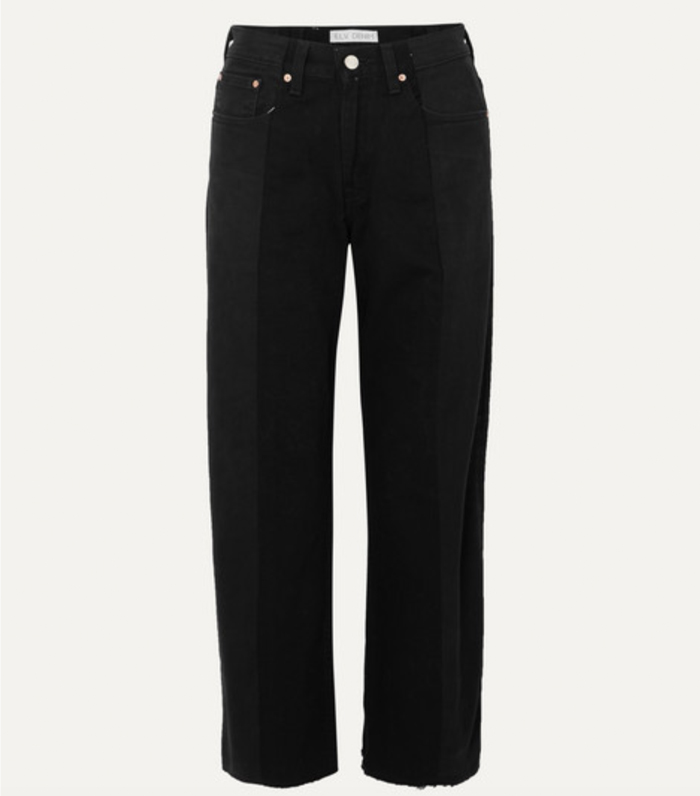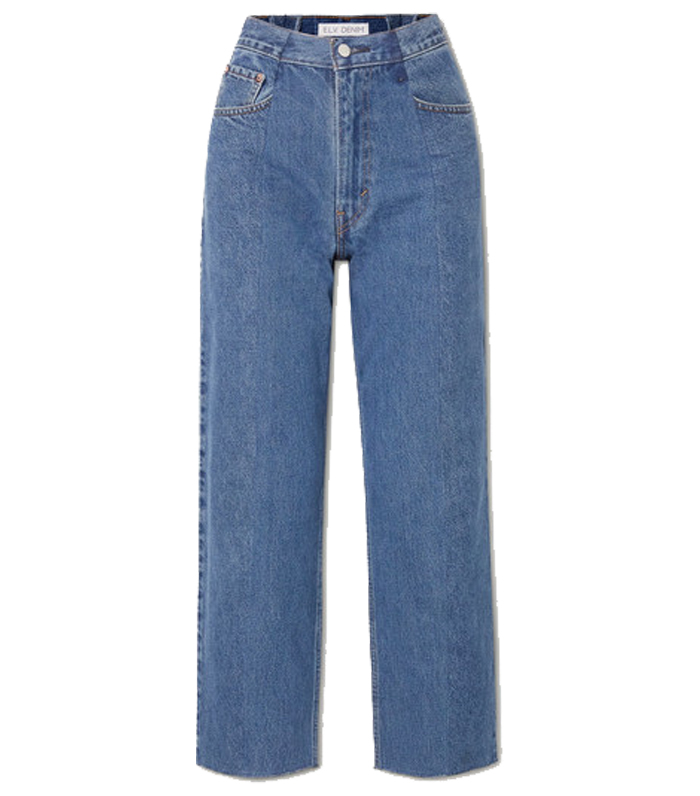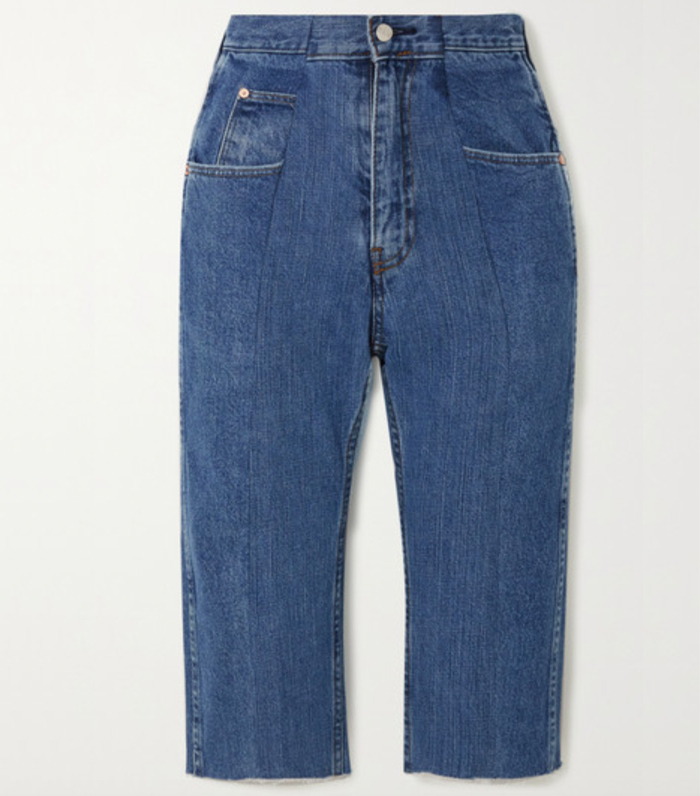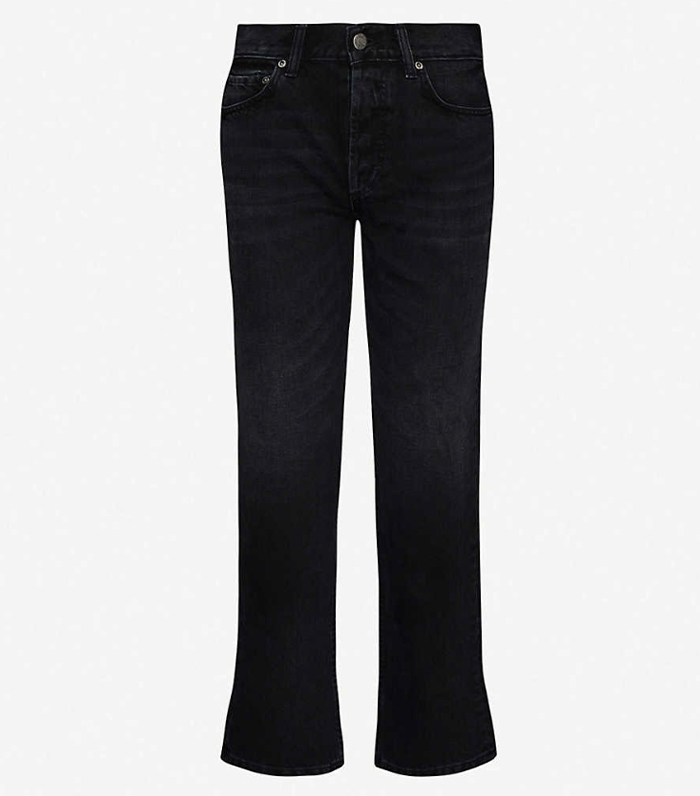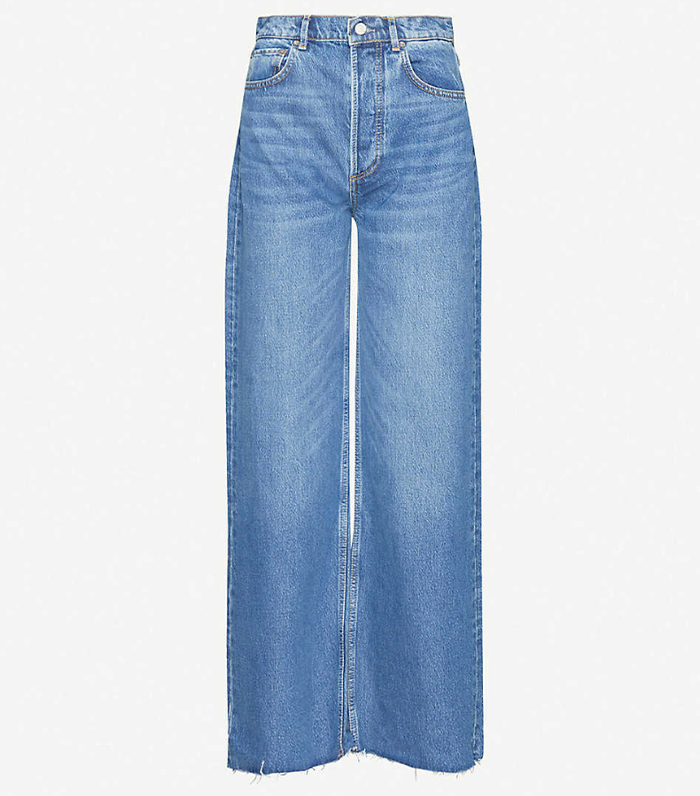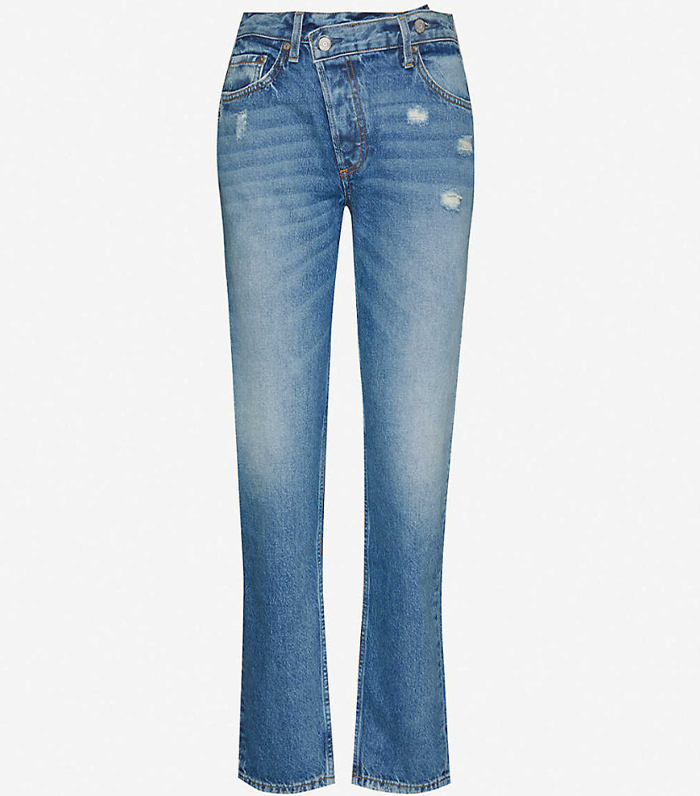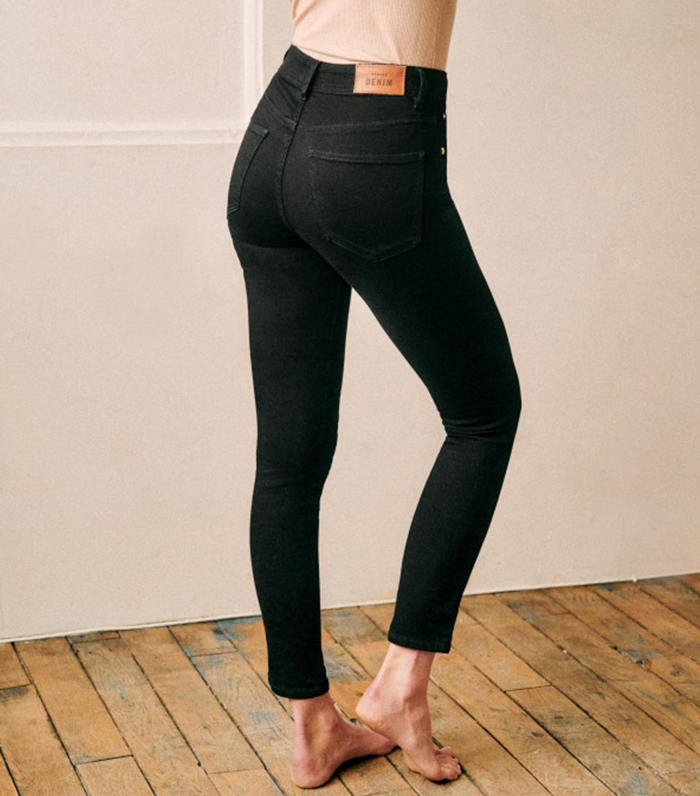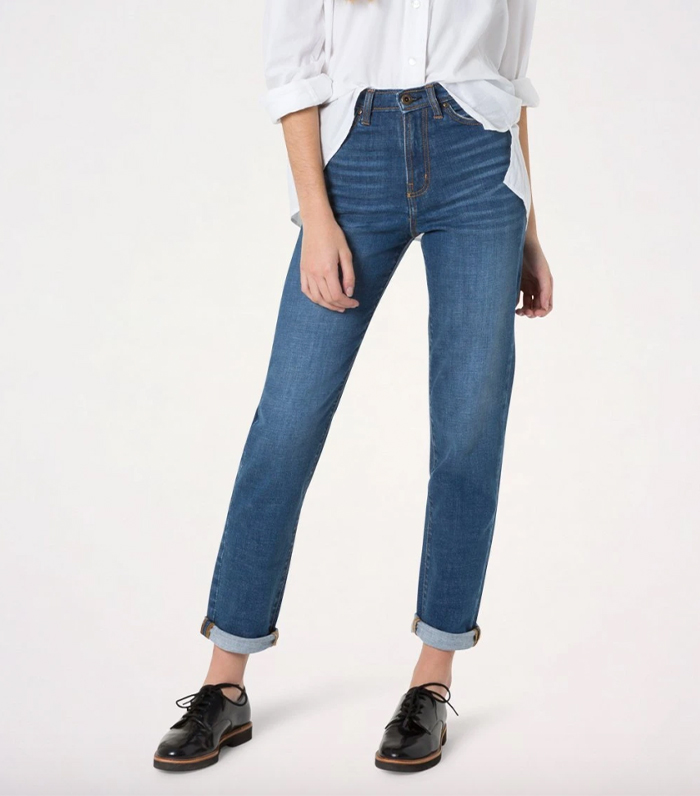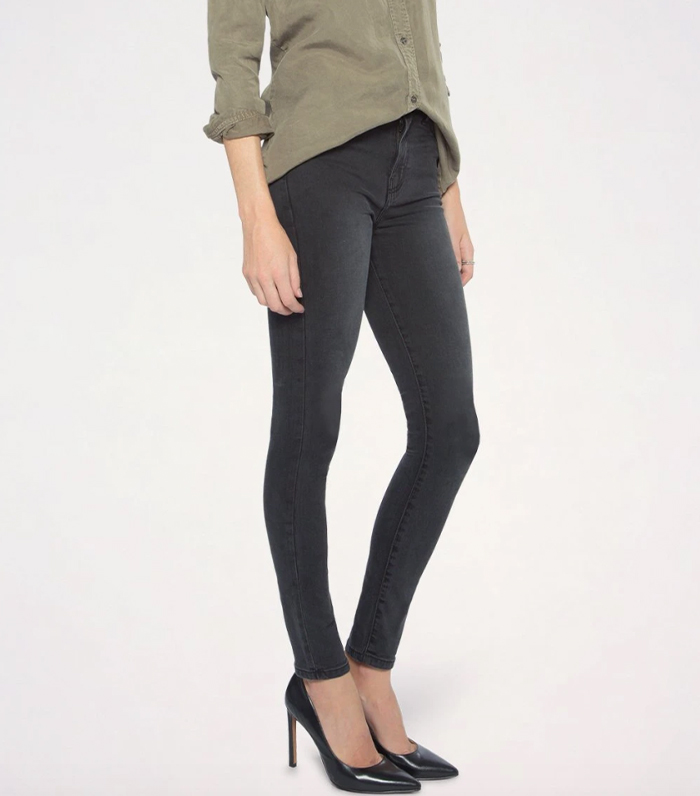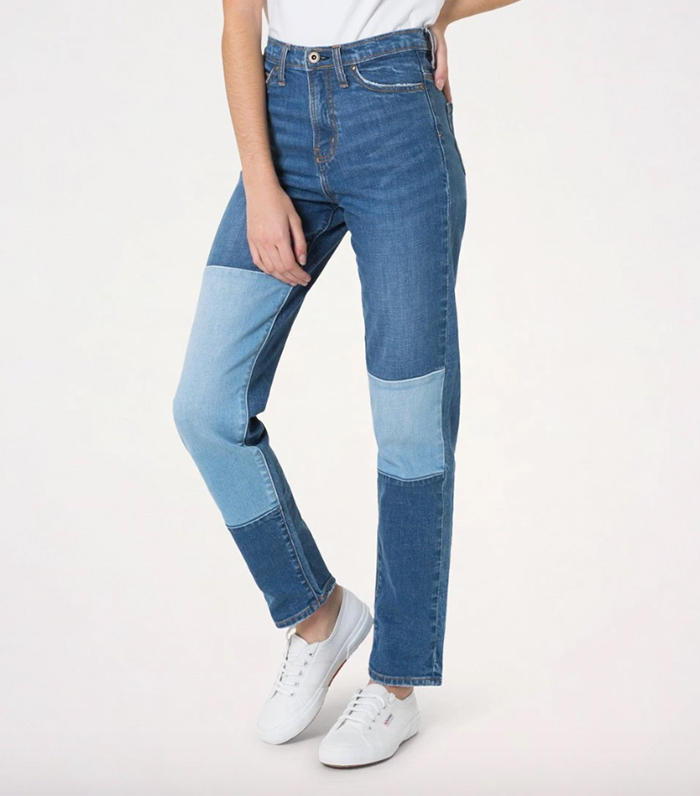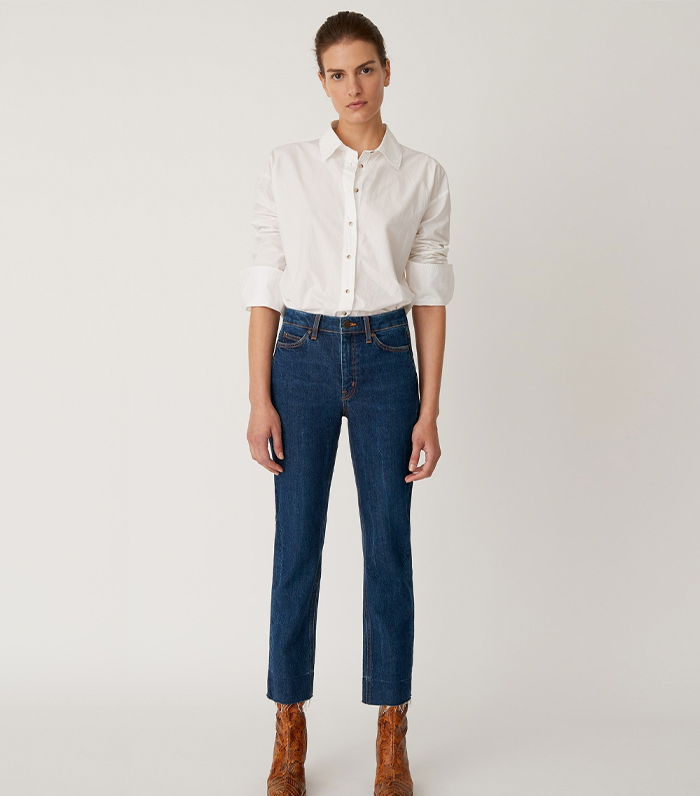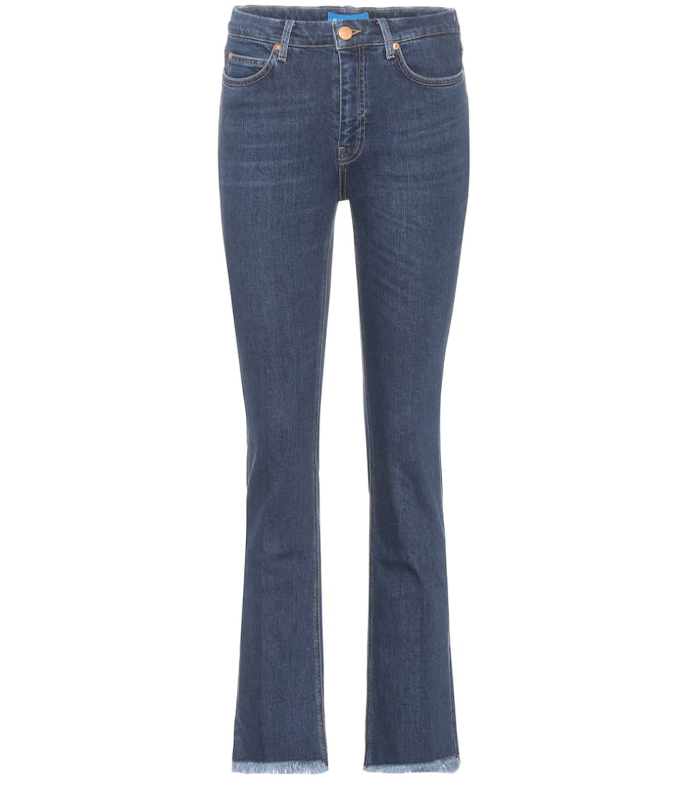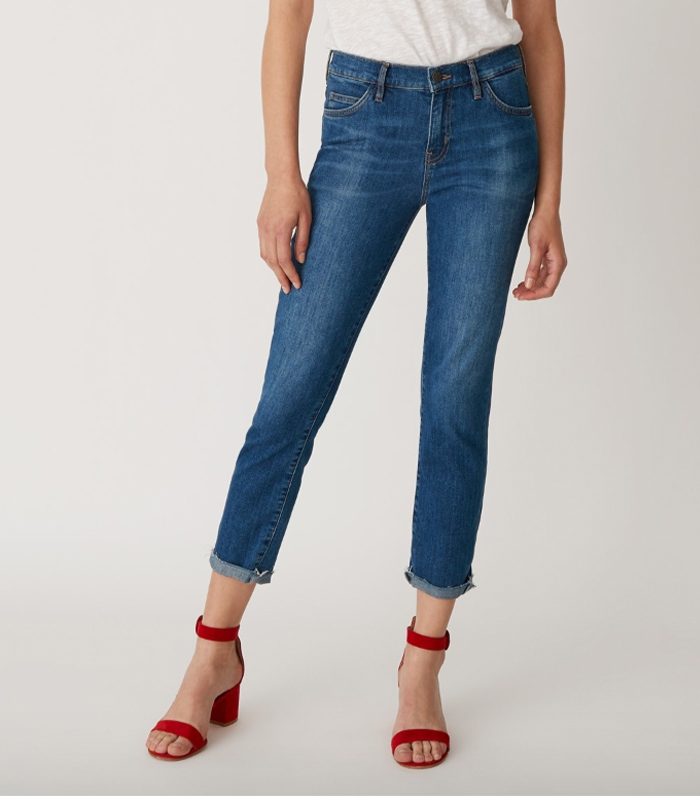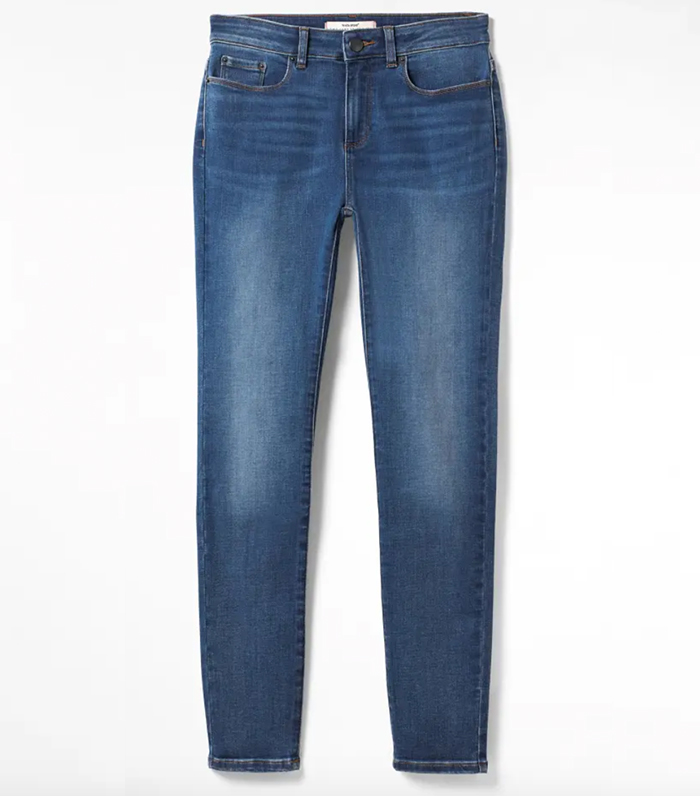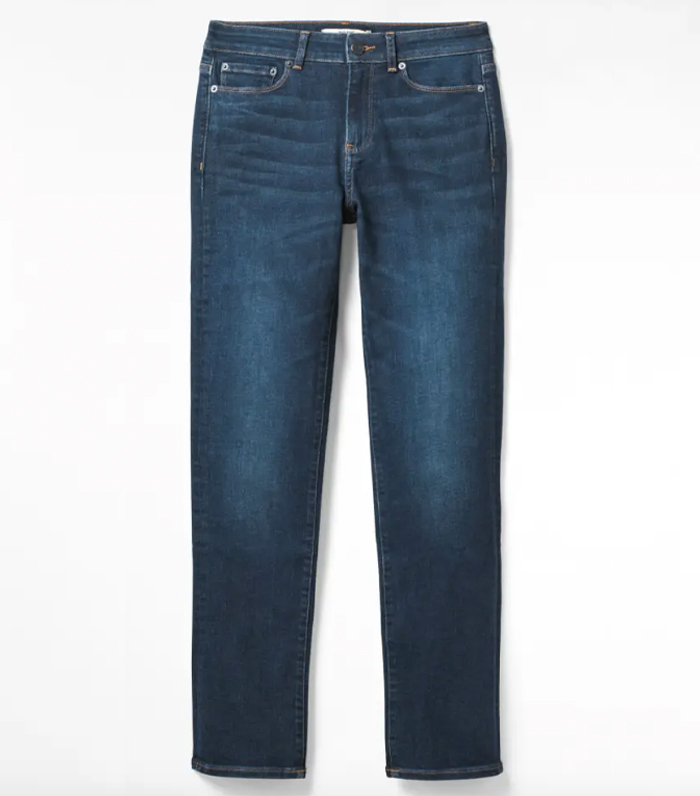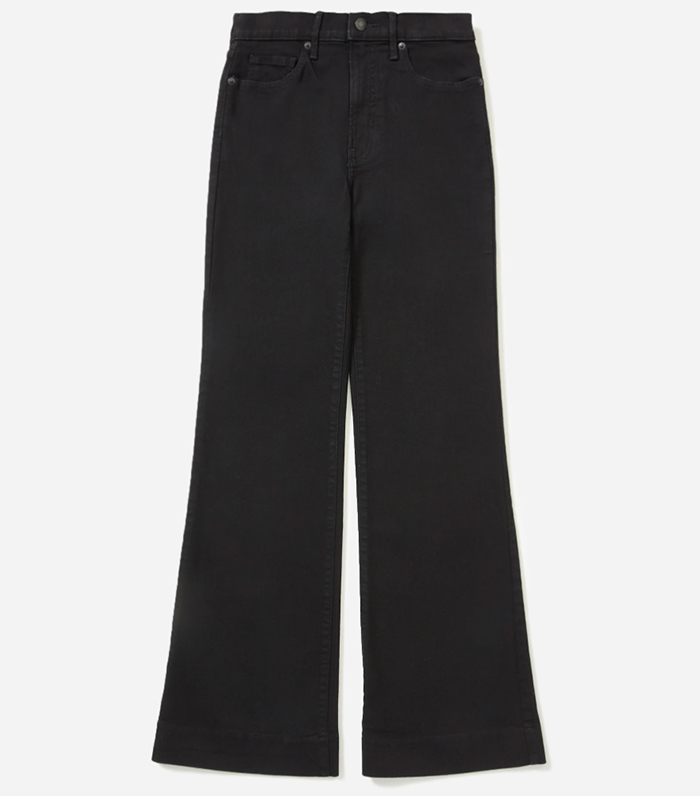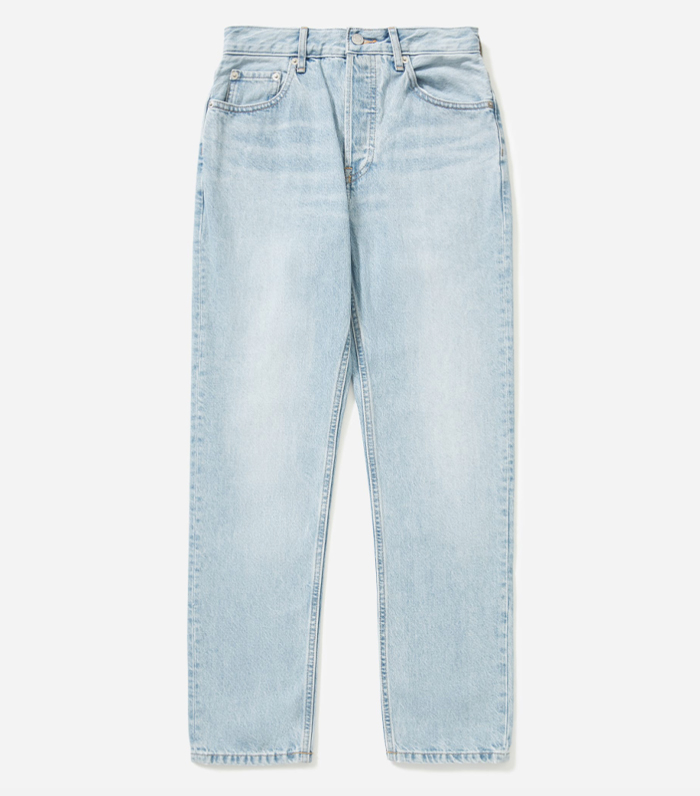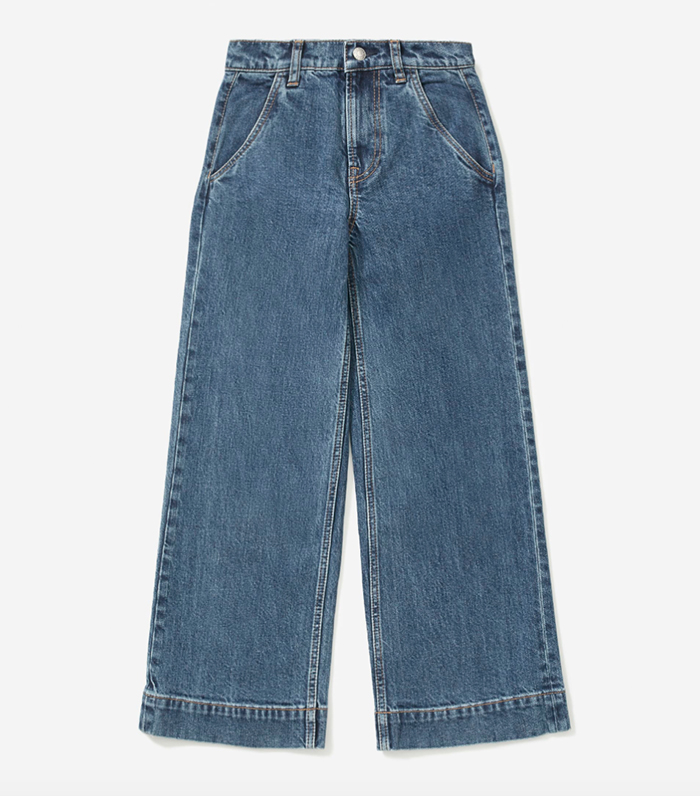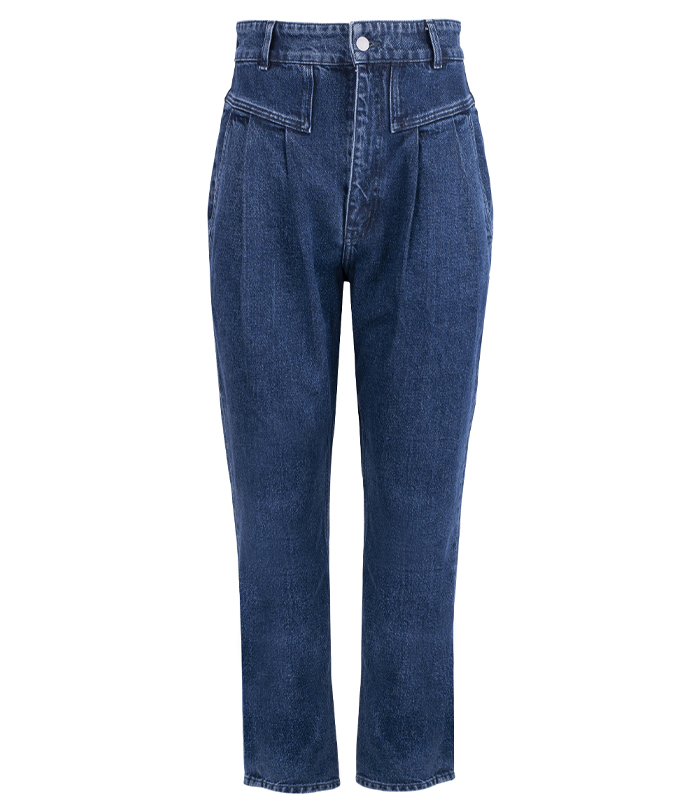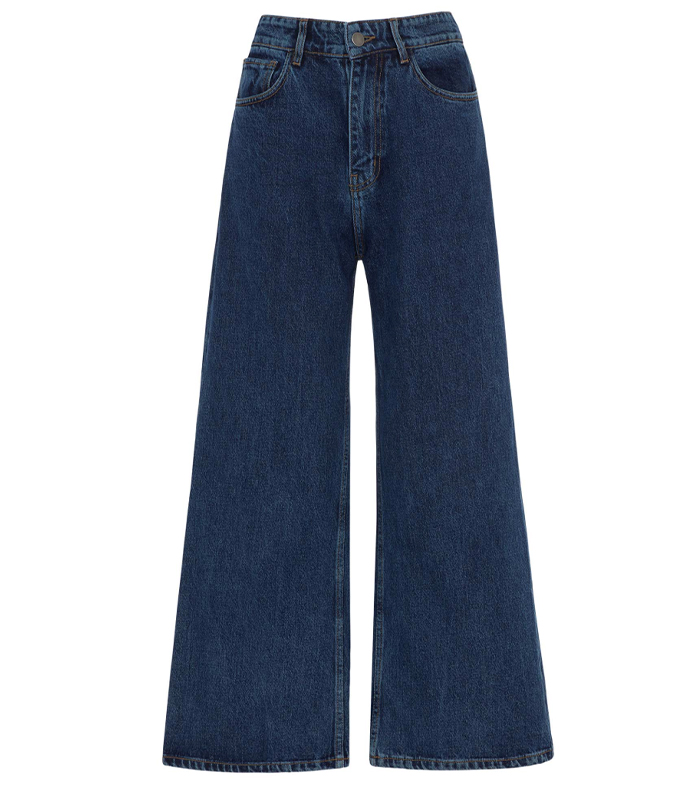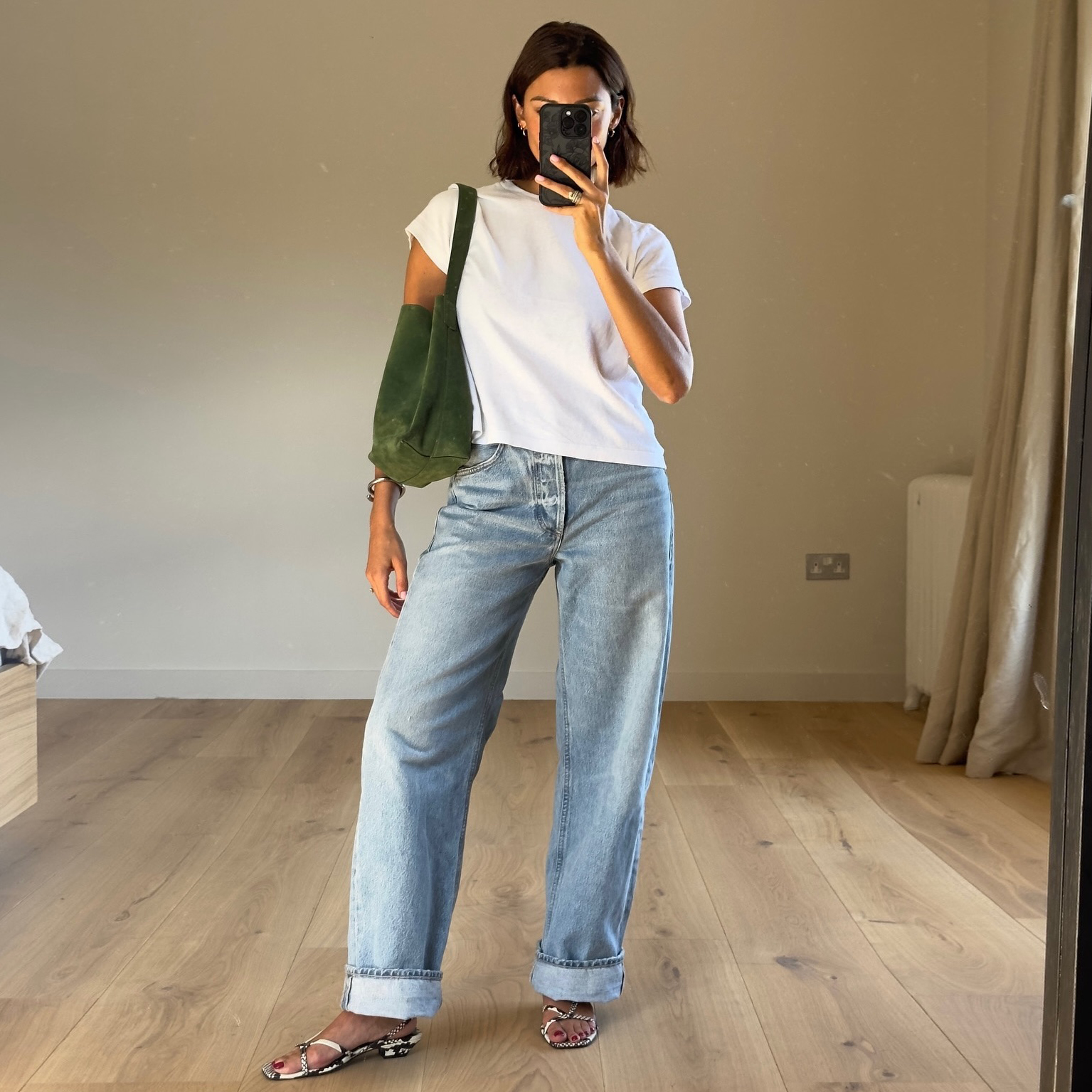The Brands Working Hard to Make Your Jeans More Sustainable
It might not be widely advertised, but making jeans is actually a very taxing process on the environment. In fact, Greenpeace reports that the average pair of jeans "takes 7000 litres of water to produce.” To put that into perspective, if the average person drinks three litres of water per day, one pair of jeans is equivalent to a person’s water intake over 2333 days.
Thankfully, there are plenty of denim brands around that are working to combat this problem and attempting to produce jeans more sustainably. Whether it is by recycling water, repurposing old fabrics, or using certified organic cotton, several brands are putting the environment at the forefront.
Additionally, there are brands that are manufacturing denim right here in London, which is a great way to reduce carbon emissions, and also labels that are empowering vulnerable people through employment. So from Outland Denim to E.L.V. Denim and Boyish Jeans, here are just a few of the brands that are working to make the denim industry more sustainable.
E.L.V. Denim

E.L.V. Denim produces jeans by repurposing discarded denim sourced from vintage warehouses around the UK. The brand transforms old jeans into new pairs, thereby creating a zero-waste brand, not to mention the entire process takes place right here in East London.
Boyish Jeans
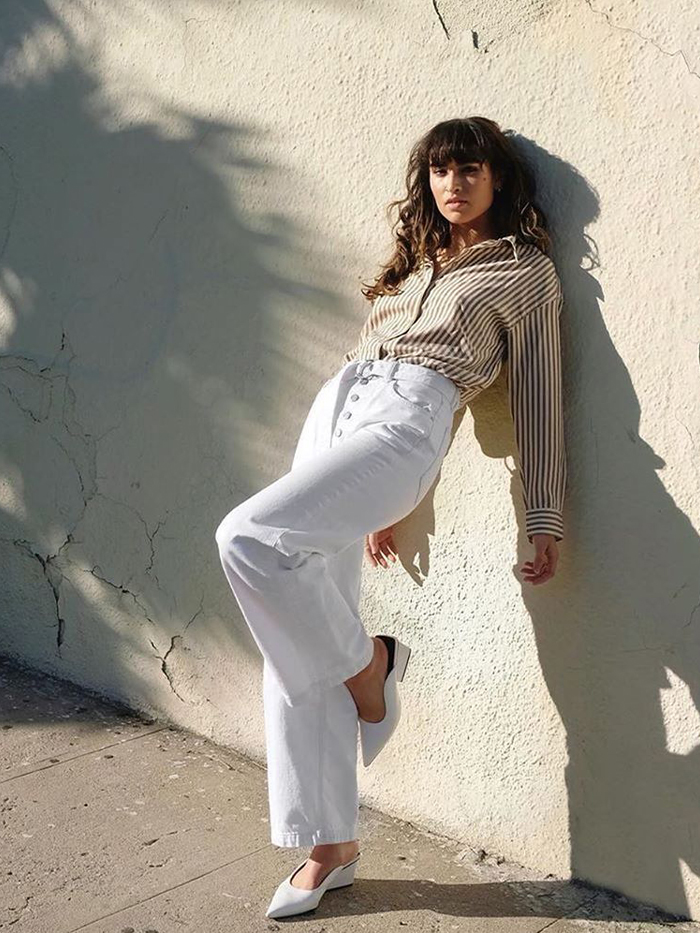
Not only are Boyish Jeans created using one-third the amount of water regular jeans use, but the brand also recycles all of its water to minimise waste. Additionally, the label recycles all of its cutting waste, either using it to create new fabrics or recycling it for industrial use.
Sézane
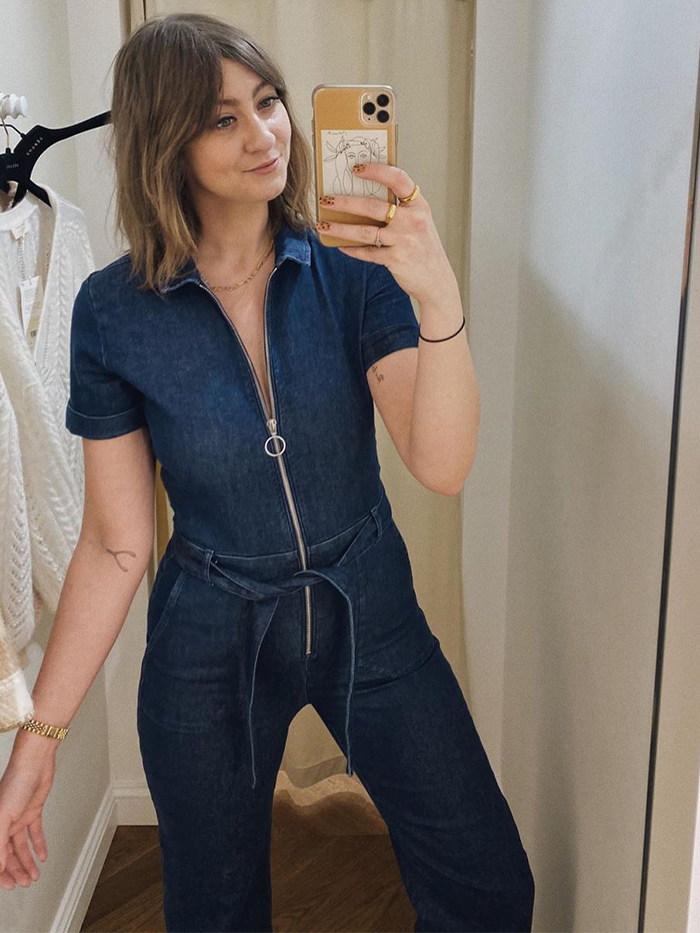
French-girl favourite Sézane completely overhauled its denim offering this year. Altering its previous production process entirely, Sézane’s new denim contains 83% fewer chemicals and uses two times less water than before. Additionally, each pair of Sézane jeans is now made from 100% Global Organic Textile Standard certified organic cotton or green, synthetic alternatives.
Outland Denim
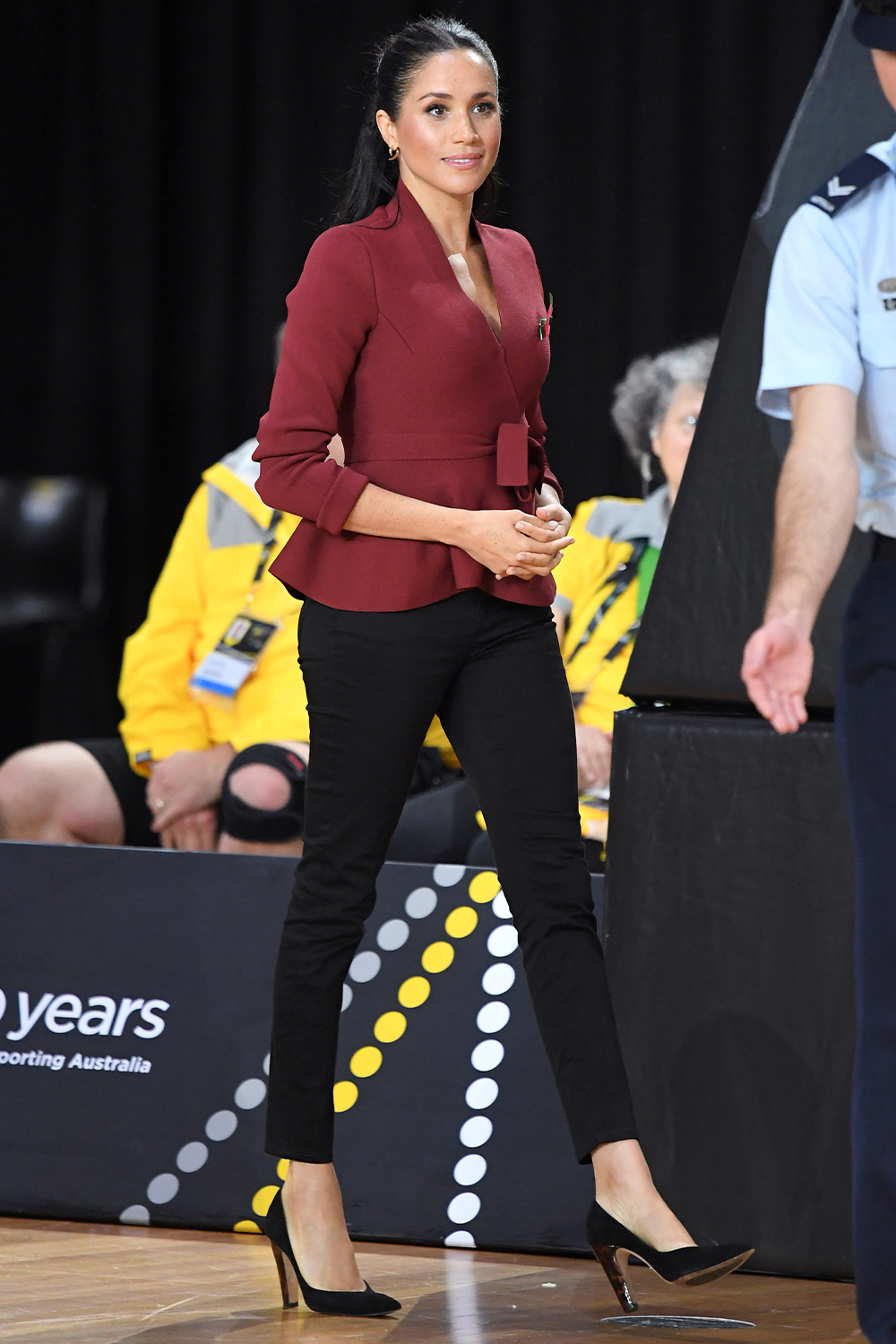
Counting Meghan Markle as a fan, Australian brand Outland Denim has had ethical and sustainable practices built into its ethos from the very beginning. The brand aims to provide employment for vulnerable people of varying backgrounds and also has sustainable practices in place in order to cut down waste. Outland Denim chooses to manufacture its products in organic cotton, which uses 91% less blue water than traditional cotton.
M.i.h Jeans
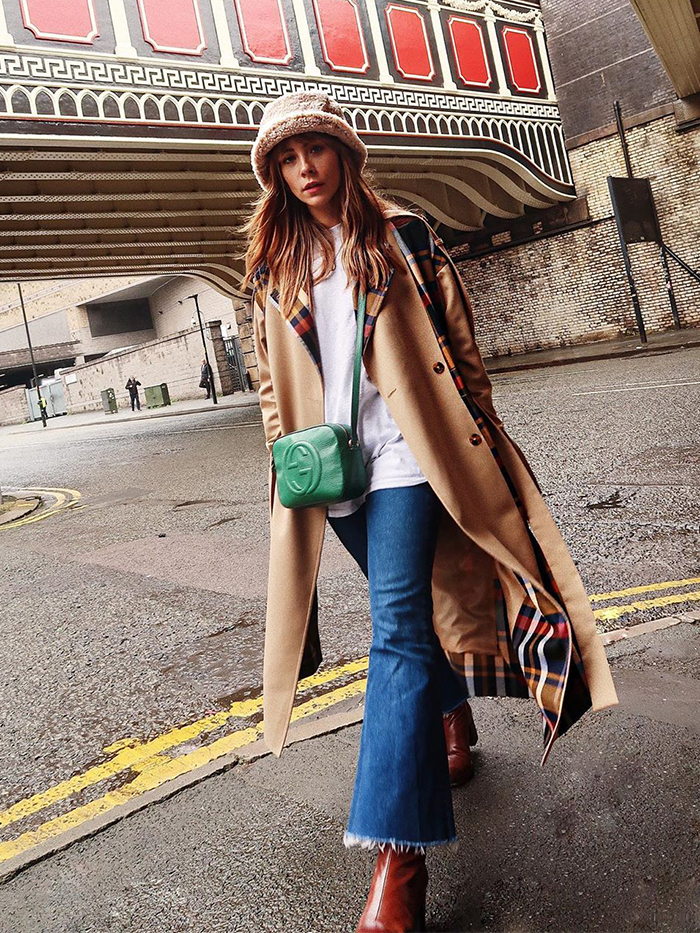
Each pair of jeans on M.i.h's website has a dropdown link that references sustainability. It outlines whether the cotton has come from a sustainable source and the denim has been washed using water-reducing technology. Alongside its sustainability manifesto, this is just one way the brand is aiming to be more sustainable.
White Stuff
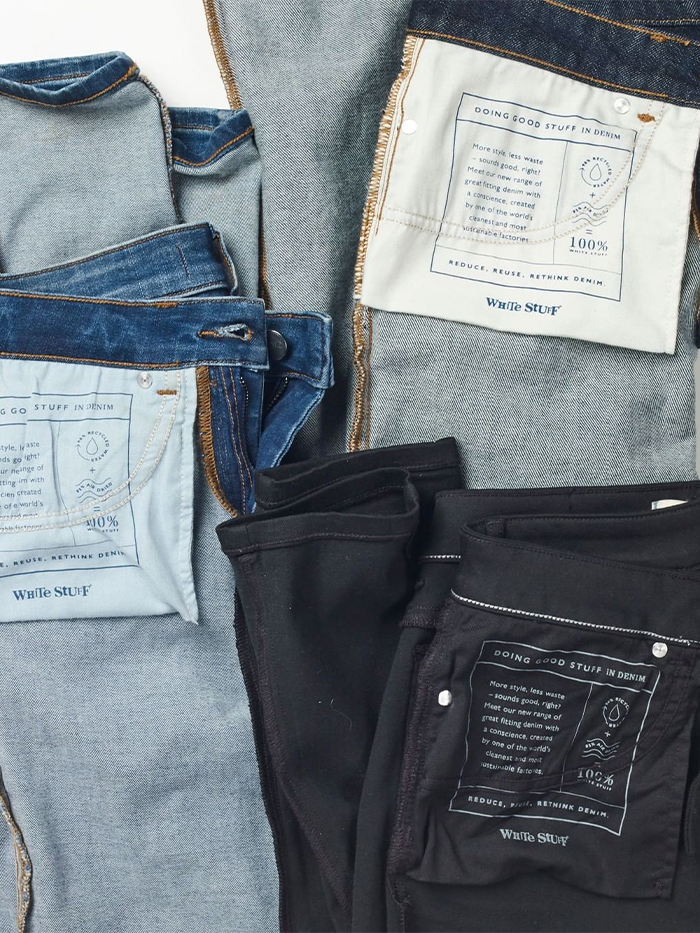
British label White Stuff has recently partnered with one of the cleanest denim factories in the world to produce a new range of sustainable denim. Each pair of jeans made only uses 0.4 litres of water due to the fact the factory recycles 98% of its water.
Everlane

Everlane is another brand that works with one of the world's most sustainable factories. Like White Stuff above, a range of Everlane jeans is produced using 98% recycled water in a factory, which air-dries its denim to reduce carbon emissions.
People Tree
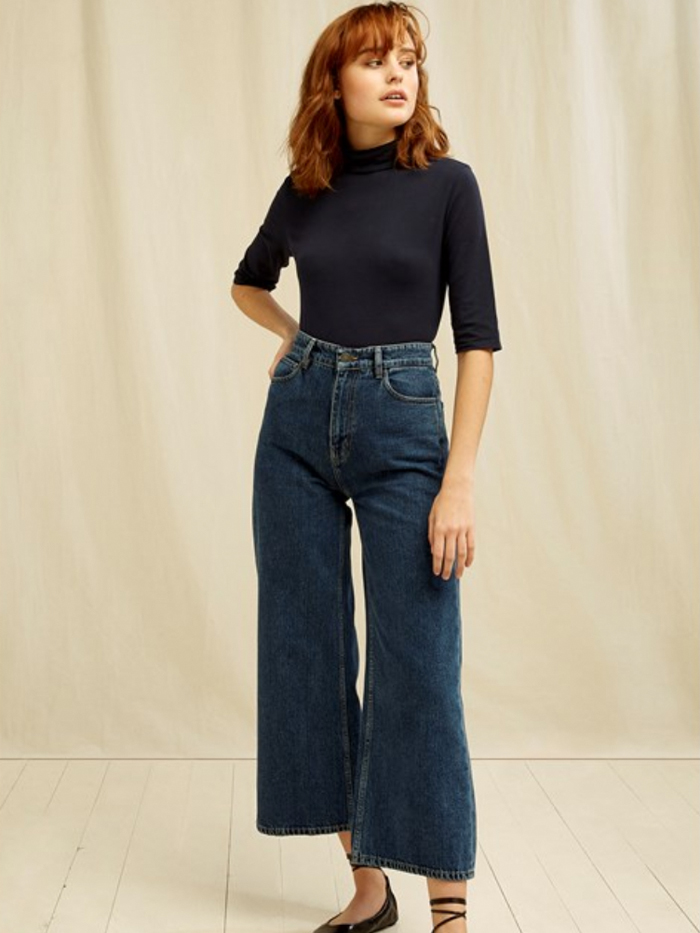
People Tree has had sustainability as a part of its ethos from the beginning. Its denim is made from Organic Certified Cotton which uses 87.2% less water to produce than conventional cotton.
Next up, the biggest S/S 20 fashion trends you need to know.
Opening Image: @bubblyaquarius
-
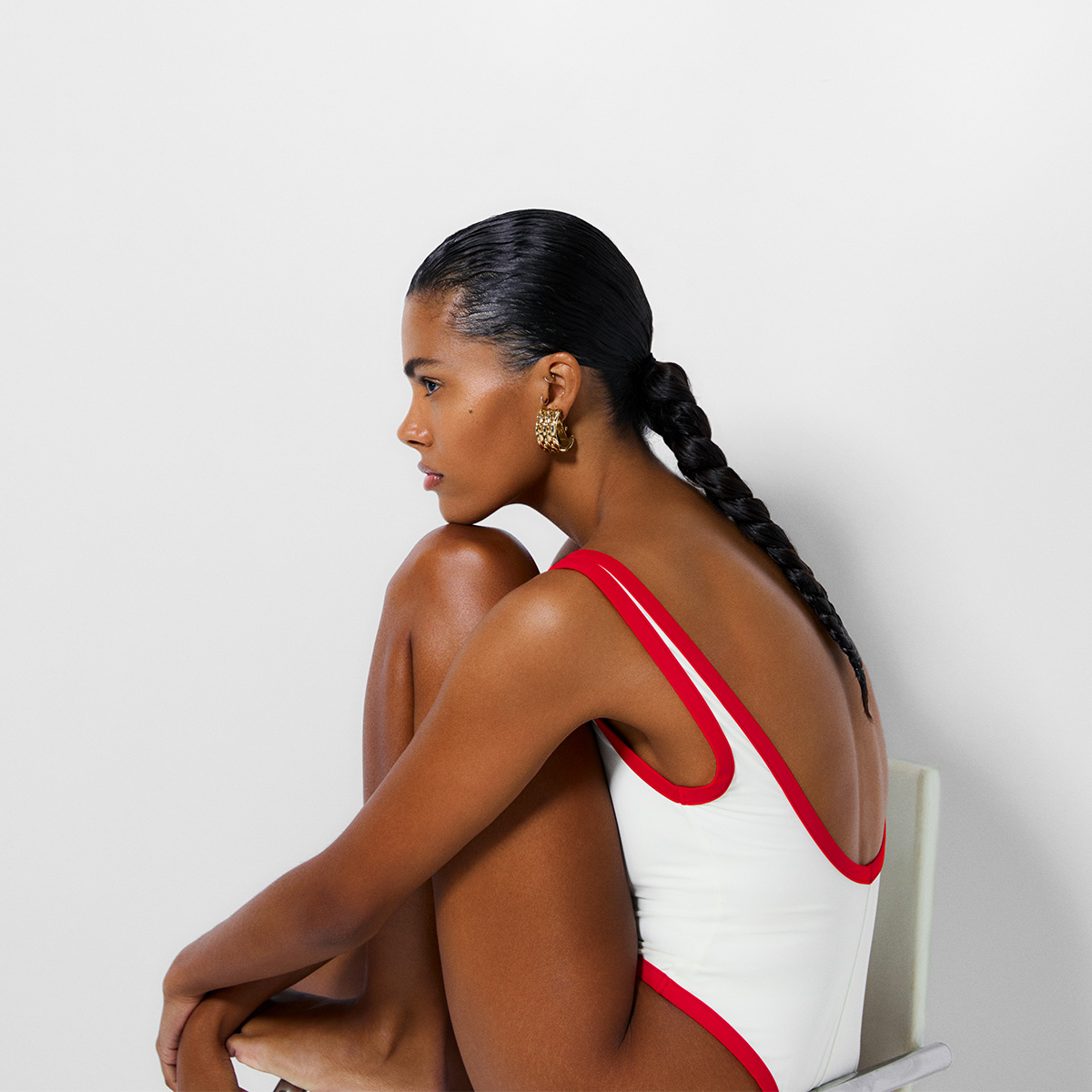 Reformation Finally Launched Swimwear, and the Collection Is Pure Elegance
Reformation Finally Launched Swimwear, and the Collection Is Pure Elegance*Orders every suit.*
By Eliza Huber
-
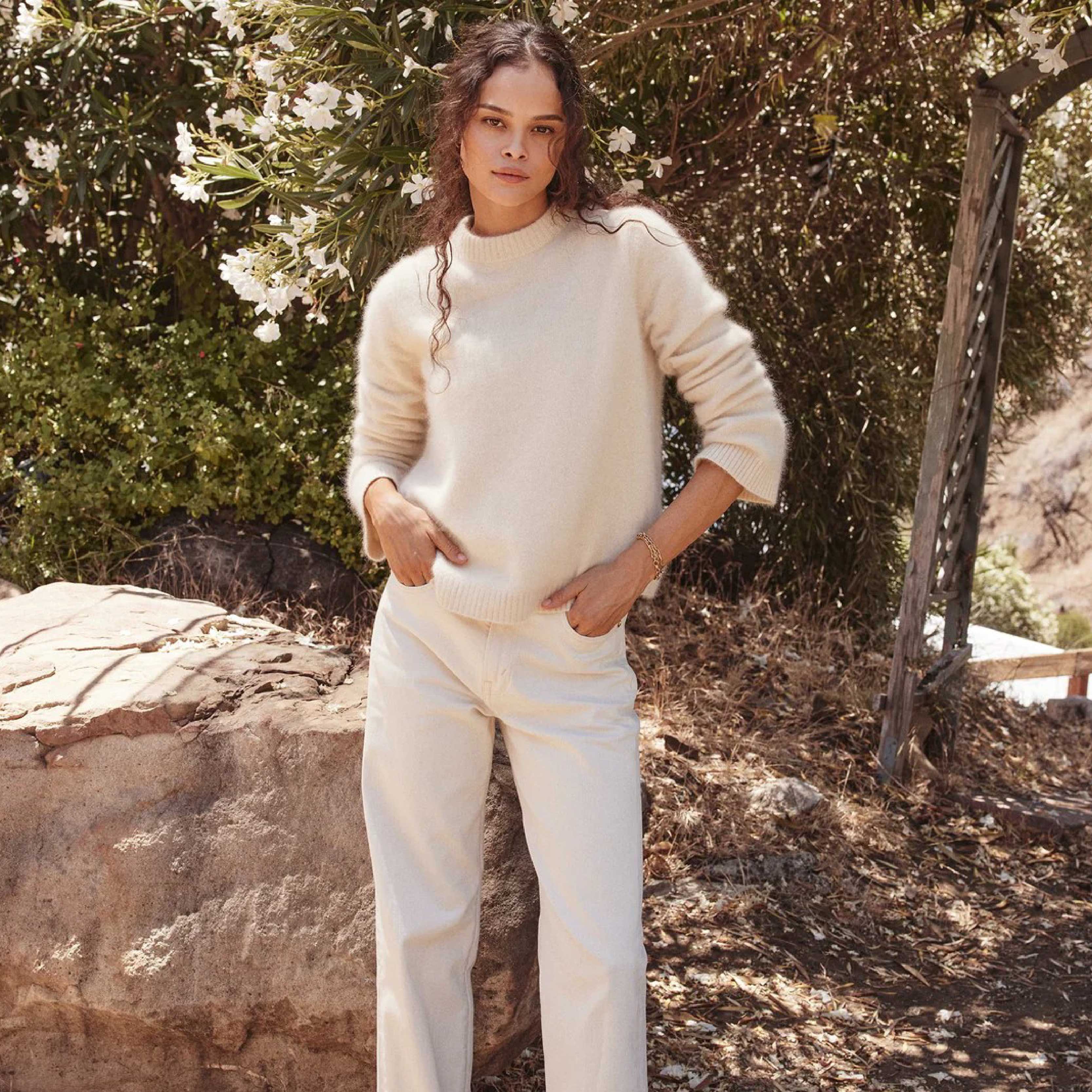 16 Classic Finds That Are Key to Building Your Perfect Capsule Wardrobe
16 Classic Finds That Are Key to Building Your Perfect Capsule WardrobeThis brand is a gem.
By Raina Mendonça
-
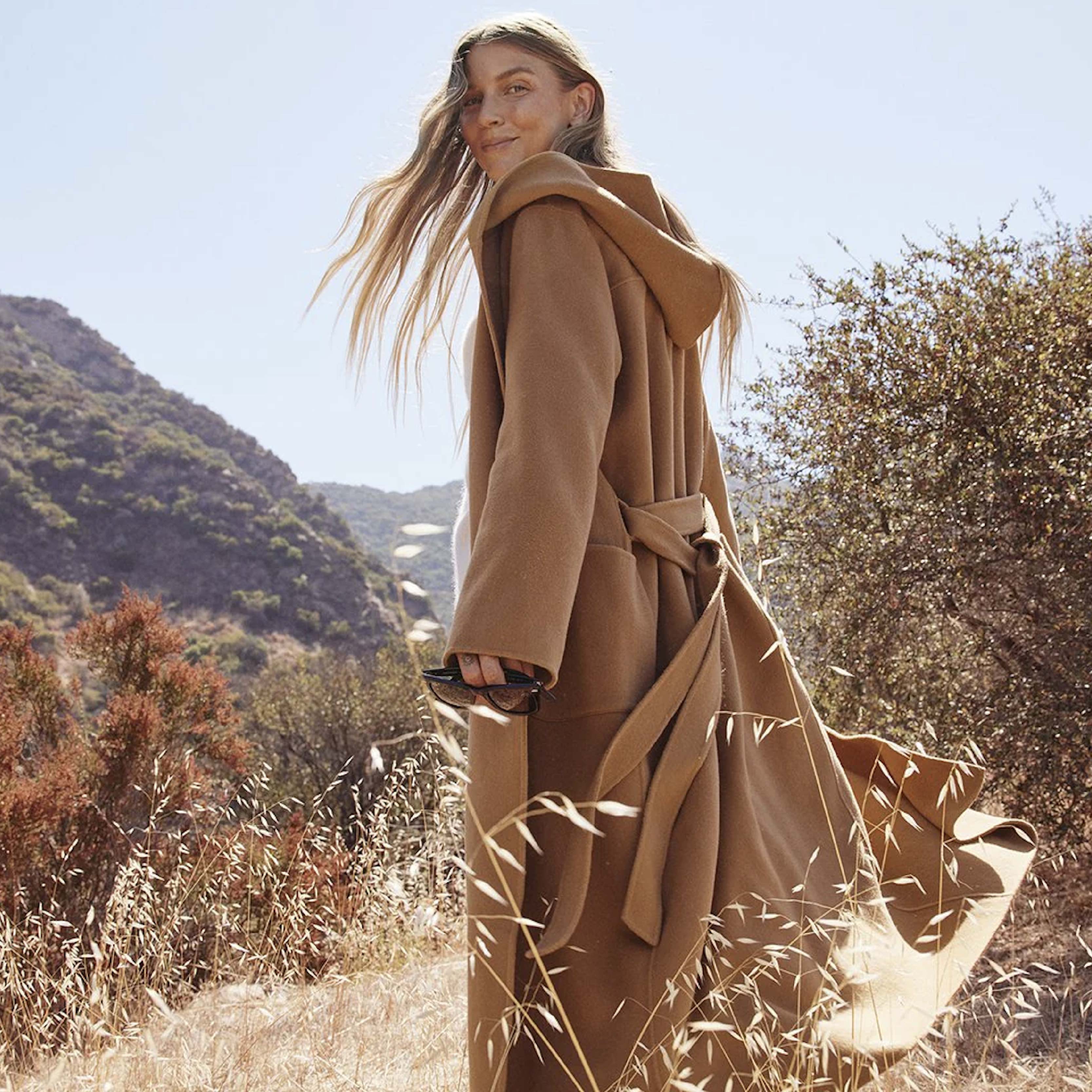 16 Classic Winter Fashion Finds That Will Stand the Test of Time
16 Classic Winter Fashion Finds That Will Stand the Test of TimeThese are winners.
By Raina Mendonça
-
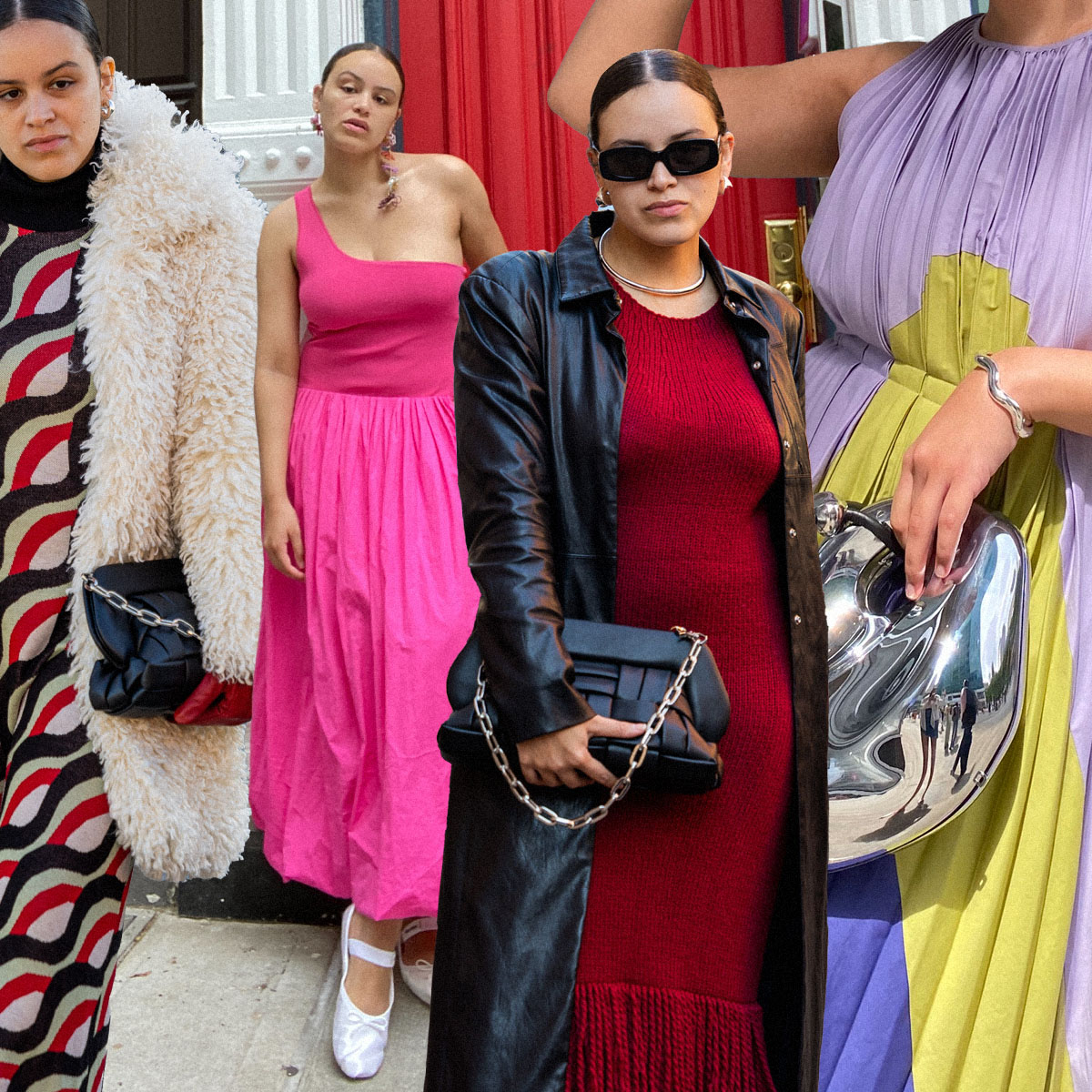 I Haven't Spent More Than $150 on Clothing in Six Months—Here's How I Did It
I Haven't Spent More Than $150 on Clothing in Six Months—Here's How I Did ItYes, really.
By Jasmine Fox-Suliaman
-
 Feel and Look Good: Shop These Supermodel-Approved, Sustainable Summer Picks
Feel and Look Good: Shop These Supermodel-Approved, Sustainable Summer PicksSlow fashion is here to stay.
By Raina Mendonça
-
 Slow Fashion Is the Move for 2023—I'm Living in These 16 Dreamy Pieces
Slow Fashion Is the Move for 2023—I'm Living in These 16 Dreamy PiecesYour new favorite eco-conscious label.
By Emma Walsh
-
 Cartier Is Empowering These Fashion Entrepreneurs Who Are Making a Difference
Cartier Is Empowering These Fashion Entrepreneurs Who Are Making a DifferenceThe 2023 Cartier Women's Initiative Awards are here!
By Kat Collings
-
 35 Sustainability-Minded Fashion Brands to Shop Year-Round
35 Sustainability-Minded Fashion Brands to Shop Year-RoundBecause it's not a trend.
By Jasmine Fox-Suliaman
